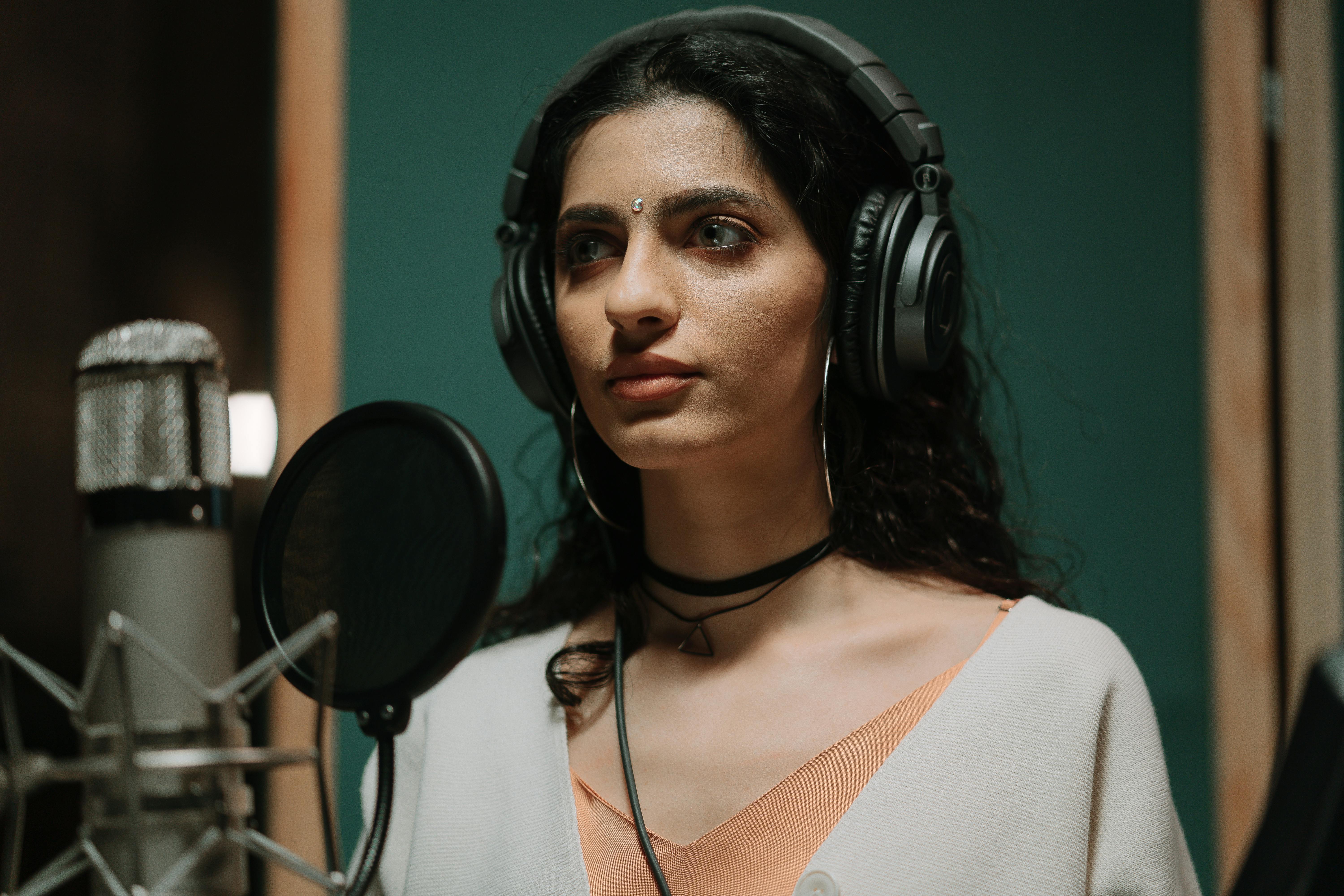Facebook’s algorithm is constantly updated. The different weights and relevance that Facebook can assign to these areas can be changed. But the general use of the Four Factors should remain fairly constant. If used correctly, you can use Facebook to your advantage to promote your podcast, your profile, or your business.
When Facebook’s algorithm looks at your posts, it looks at four areas: Inventory, Signals, Predictions, and Scores. In a previous post I talked in depth about what each of these areas really represents.
Each person who has a Facebook account receives their own individual score through the algorithm. This score is unique to each person and is determined by their own connections, interests, and how they interact with various content.
So if you interact more than your friends or relatives regarding a post or article, your score for that post will be higher than your acquaintances. The Facebook algorithm will use this information to show you other content that it thinks you will interact with as you go.
Let’s use an example to illustrate this:
Suppose a friend you work with publishes a post about the implementation of robotics technology in your company. The publication looks at how you will make the shipping and receiving area more efficient and save the company millions of dollars per year in expenses.
Your friend then comments that it will cut the workforce of employees in that department in half and that’s where the savings will come from.
You like that post. Then “share” that post and “tag” a couple of coworkers in the process. He says he doesn’t like it when “computers take over.”
Then your friends “like” and “share” with their social profiles. They also leave comments.
Over the course of a few hours, the original poster, you and those who have commented have a conversation. You can even post some links to other content that supports your point of view.
Others who do not work for your company also see this and interact. Leave comments and share the post with your followers. Some of them post it in groups that they are in and that generates additional comments and shares.
The Facebook algorithm takes ALL of that data and gives this post a HIGH SCORE. There is a lot of interaction. Much exchange between various interests and groups. This is the type of post that Facebook will promote on other feeds and timelines, even those you don’t know about. They could be “friends of friends” (in Facebook terminology).
In the process, Facebook determines that you need to see more of the person who originated the post. The algorithm has determined that you will likely be commenting on and interacting with additional information that this person posts to their own timeline and feed. Which, once you see it, you do!
The same would then happen with other people. Facebook will show them more information about YOU.
Have you ever gotten those “friend recommendations” from Facebook? Those are not random recommendations. Facebook’s algorithm has determined that you and the people you are not connected to have a lot in common. They are trying to get you to connect so that more interactions can occur between your contact list and your contact list. This in turn will grow Facebook!
Have you ever had one of those posts where you share something with the world and no one notices? Your mom may give a “like”, but is that all? I know I have. That used to confuse me. How can other people get tremendous traffic but me almost none?
Well, this is how it works and the reason why those posts fail.
It’s about re-scoring the algorithm. But this time, a “low score” instead of a high score.
Let’s say you make a post about something that you haven’t talked about before with your group (or it’s been a long time since you last shared something on that topic).
It could be something as random as posting a memory about your high school graduation.
Nobody comments. It may have 800 likes. But nobody comments. It can have 1000 visits. But only three comments and one shared.
Facebook’s algorithm will not give this post a high score. You will get a relatively LOW score, even if you have 800 or 1000 likes. Facebook doesn’t judge “likes” the same as “shares,” nor does it judge “shares” as much as comments and engagement.
Because this post has such a low rating, it will not be shared among most of your contacts. Perhaps your immediate family will see it. But that’s it. Unless you start having a conversation with someone (anyone, even your family), this post is going nowhere.
Facebook, LinkedIn, Twitter, Instagram, Pinterest, all the social media platforms out there, use an algorithm to support the platform. This algorithm is used to determine what other people will interact with on the platform. Links that take people away from the platform receive lower scores.
This is important to remember when posting your information on these social media sites. If you want to increase your visibility, especially on Facebook, you have to use the algorithm to your advantage.



